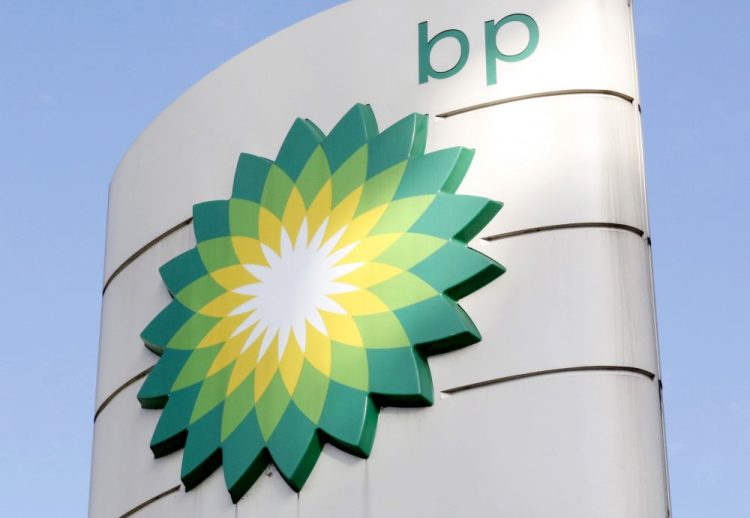BP plans to cut 10,000 jobs as the coronavirus pandemic accelerates the company’s move to slim down for the energy transition.
The public health crisis has hit company earnings and forced many to change the way they operate. European competitor Royal Dutch Shell is said to be offering voluntary redundancies in a bid to become leaner, and U.S. rivals Chevron and Marathon Oil are among others laying off employees.
BP will let go of 14 percent of its workforce, Chief Executive Officer Bernard Looney said in an internal note. The move will mostly affect staff in office-based jobs and those holding senior roles, with the top 400 positions expected to be cut by one-third.
Looney, 49, told staff that the job cuts were in line with plans set out in February to prepare BP for deep reductions in carbon emissions. At the time, the Irishman said BP would dismantle its upstream and downstream businesses and replace them with 11 new teams. “I think it would be insincere not to suggest that there will be some staff layoffs as part of this program,” Looney said in an interview with Bloomberg in February. The pandemic and crude’s subsequent collapse have however accelerated the process, leading the company to “go deeper at this stage than we originally intended,” he said in the note to staff.
“Because of the changes in the reporting structure, BP was always more likely to make changes to headcount,” than its European peer Shell, which is largely continuing operations as before, Jefferies analyst Jason Gammel said. “I’m surprised it’s such a big cut.
Days after taking BP’s helm, Looney announced that the company would eliminate all emissions from its own operations and production by 2050, as well as slashing those produced by its consumers. Since then, oil prices have plunged as the coronavirus pandemic has cratered demand, forcing producers to reign in spending and put projects on hold. Looney is adamant that the crisis only reinforces the need to “reinvent BP” and press ahead with its new climate ambition.
Last month, BP began the second phase of its reorganization, reducing senior manager positions to around 120 people from 250. The new appointments will begin their roles from July 1 and continue the reorganization, which is expected to be finalized by the end of the year.
“We are spending much, much more than we make – I am talking millions of dollars, every day,” Looney wrote. “It currently costs around $22 billion a year to run the company – of which around $8 billion is people costs.” BP’s net debt rose by $6 billion in the first quarter of this year.
BP also spends about $8 billion a year in dividend payments to shareholders. The company has come under scrutiny for maintaining the payout even as its debt increased. While Looney has dodged repeated questions on whether a cut to its dividend is on the cards for the second quarter of the year, he has soften his language saying its a decision made by the board on a quarterly basis. That compares to previous comments in which he said it was BP’s job to maintain the dividend.
The move stands in contrast to European rival Shell, which slashed its dividend by two-thirds last quarter. The Dutch major is undertaking its own reorganization, but so far is offering voluntary redundancies, scaling back on external recruitment and reviewing expatriate staff contracts, according to people with knowledge of the matter. In a memo to staff, CEO Ben van Beurden said that over the coming months, Shell would “go through a comprehensive review of the company.”
BP had committed to a three-month freeze on job cuts during the peak of the pandemic, starting in early March. Promotions were also frozen but will resume in July “in a measured way,” the CEO said. Cash bonuses for the year will be “very unlikely,” he said, without clarifying whether that extends to BP’s trading division. Staff will be able to apply for voluntary redundancy starting June 15.
Senior management will also not receive pay increases this year, while junior and mid-ranking staff will only get them from October. Employees at filling stations won’t be included in the reorganization as they’re considered front-line workers. Their wages rose in April and will climb again in August.
The real impact of the job cuts and reorganization for the British supermajor is likely to become apparent in September, Gammel said. BP is set to hold a capital markets day then where it will outline details of its ambition to slash carbon emissions.
“They’ll certainly want to be ready to go in September,” Gammel said.
Comments are not available on this story.
Send questions/comments to the editors.


